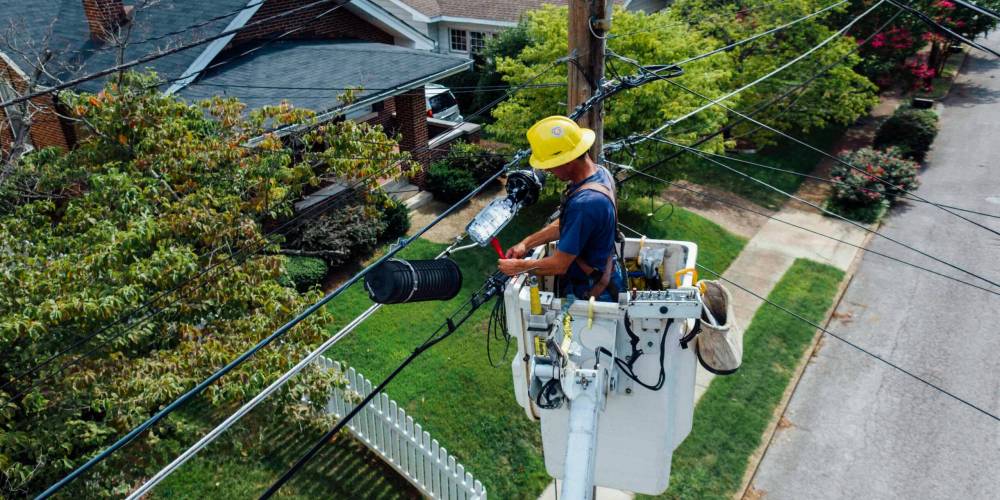If you’ve been exploring solar energy for your home, you’ve probably come across the term Net Metering. It’s an essential concept to understand when considering solar panels, as it directly affects how much you can save on your electricity bill and how quickly your system can pay for itself.
Here’s a straightforward explanation of how it works and why it matters.

What Is Net Metering?
Net Metering is a billing arrangement between you and your electric utility that allows you to earn credits for the excess electricity your solar panels produce and send to the grid. Think of it as an energy “bank account.” On sunny days, your system might generate more power than your home uses. That surplus is fed into the utility grid, and you receive credits that can be used to offset the electricity you consume at night or during cloudy weather.
In simple terms, Net Metering lets your electricity meter run both ways: forward when you’re using grid power, and backward when you’re supplying energy to it.
How It Works
Let’s say your solar system generates 1,000 kilowatt-hours (kWh) in a month, but your home only uses 800 kWh. With Net Metering, the extra 200 kWh is sent to the grid, and you receive a credit for that amount. If the following month is cloudier and your system produces just 600 kWh while your home uses 800 kWh, your 200 kWh shortfall is fully offset by the credits you earned the previous months.
In Ontario, energy credits roll over for up to 12 months. That’s why we typically design systems to match a customer’s annual energy consumption as closely as possible with their system’s annual production.
At the end of each billing cycle, you only pay for the net amount of electricity used. This is where the term Net Metering comes from.
Why It Matters
Net Metering is one of the main reasons solar can be a strong investment. It increases the value of the electricity your panels produce by allowing you to offset your usage at the retail rate (the rate you normally pay your utility), instead of selling excess electricity at a lower wholesale rate.
This is especially important because solar panels generate the most power during the middle of the day, when many homes aren’t using much electricity. Without Net Metering, that extra energy could go to waste or be sold back to the grid at a significant discount.
The Bottom Line
Net Metering helps homeowners get the most value from their solar panels. It turns your roof into a mini power plant that not only powers your home, but also lowers your electricity bill by banking credits for the excess energy produced on sunny days.
If you’re considering solar, be sure to ask your installer to explain your utility’s Net Metering policy. It’s one of the most important factors in maximizing your savings.
Related Blogs & Articles